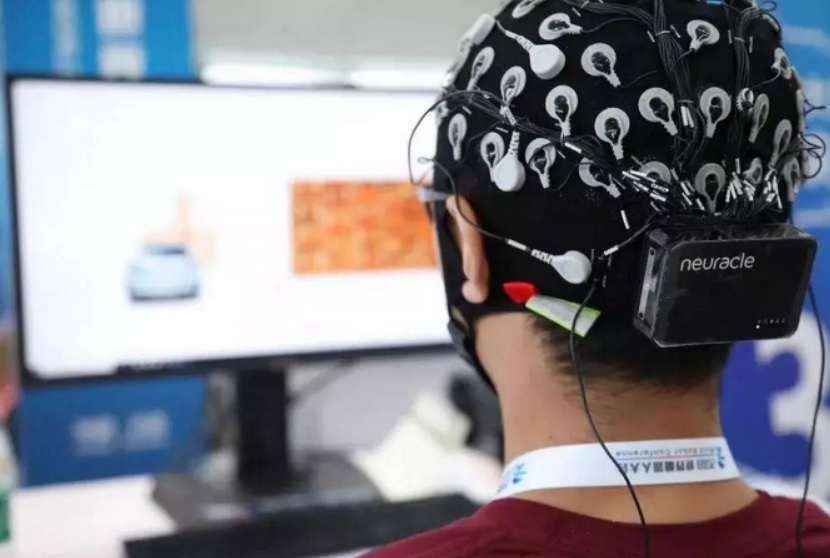Index
Introduction
As technology advances, new and innovative ways of treating illnesses and conditions emerge. One of the most promising research areas is using Artificial Intelligence (AI) in medical treatments, specifically in Brain-Computer Interface (BCI) and personalized treatments. The potential for AI to revolutionize the medical field is immense, and the advancements being made in BCI and personalized treatments are just the beginning.

Brain-Computer Interface
Brain-Computer Interface (BCI) technology is a fascinating research area with tremendous potential for improving the lives of people with certain disabilities or injuries. Essentially, BCI technology enables communication between the brain and a computer, allowing for direct control of machines or prosthetic devices using only one’s thoughts. This could be life-changing for individuals with spinal cord injuries, ALS, or other conditions that limit their physical abilities. BCI has been around for decades now, with famous users like Stephen Hawking. But the recent advancements in AI have completely turbocharged the field, taking it to new heights.

What Is AI’s Impact on BCI?
As much as neuroscientists have been trying to decode a person’s intentions from the electrical activity in the brain and use it to control a robotic arm, it’s been a challenging feat. The neural correlates of psychological phenomena are complex and not yet fully understood. Fortunately, AI has stepped in to bridge the gap. Recent advancements in AI have shown that it surpasses human capability in decoding and encoding neural signals. This makes AI an excellent tool to process signals from the brain before they reach prostheses.
How BCI Works With AI
When AI works within BCIs, internal parameters are provided to the algorithms constantly, such as pulse durations and amplitudes, stimulation frequencies, energy consumption by the device, stimulation or recording densities, and electrical properties of the neural tissues. After receiving the information, AI algorithms can identify useful parts and logic in the data and then simultaneously produce the desired functional outcomes.

Applications in neuroprosthetics and limb rehabilitation
The way this technology operates is by placing an assortment of electrodes on or in the motor cortex of a person’s brain, which is responsible for planning and carrying out movements. The brain activity is then tracked while the individual participates in cognitive tasks, like imagining the motion of their hand, and is utilized to direct a robotic limb.
Personalized treatment
Personalized treatment has enormous potential to increase patients’ lifespans since different patients respond to drugs and treatment schedules differently. However, it can be very difficult to identify which factors should affect the choice of treatment. Fortunately, research has shown that there is a way to automate this complicated statistical work using advanced technology.
How It Works
By analyzing vast amounts of data, AI can help create tailored treatments that are highly effective and have minimal side effects. This is especially important in the field of cancer treatment, where every patient’s cancer is unique and requires a personalized approach. AI can also help identify patients who are at risk of developing certain conditions, allowing for early intervention and prevention. The use of AI in personalized treatments is still in its early stages, but it has the potential to revolutionize the way we approach healthcare.

Conclusion
In conclusion, AI has revolutionized the field of Healthcare by enabling personalized treatments that take into account individual patients’ unique characteristics. With the help of Machine Learning, doctors can now predict a patient’s probable response to a particular treatment, making it easier to design the right treatment plan and ultimately increase patients’ lifespans. Moreover, AI has also made significant strides in Brain-Computer Interface (BCI) technology, opening up new possibilities for treating neurological disorders and improving the quality of life for patients. As AI continues to advance, we can expect to see even more groundbreaking developments in the field of healthcare.
Read more! https://dearfuturedoctor.com/category/medical-news/thesis-project/


